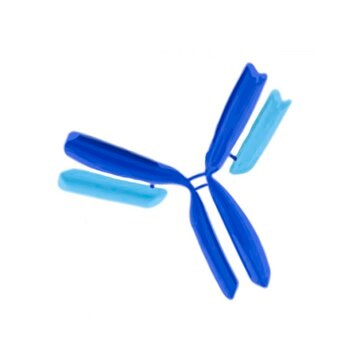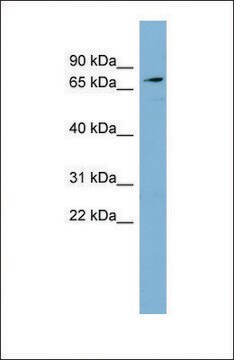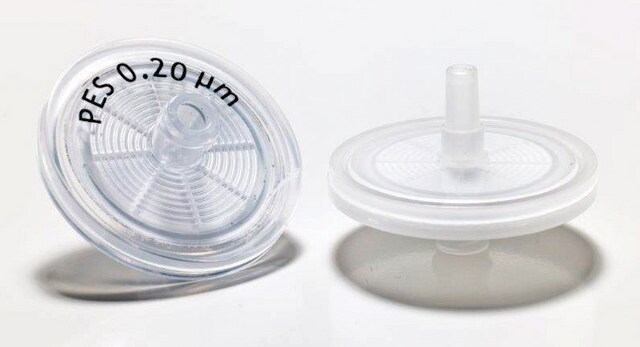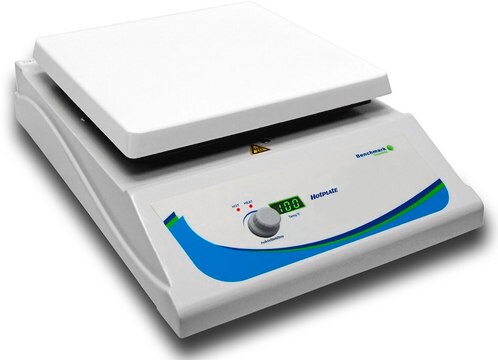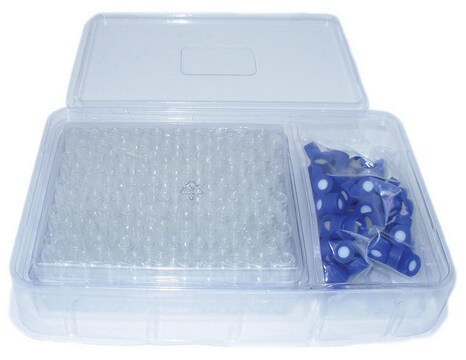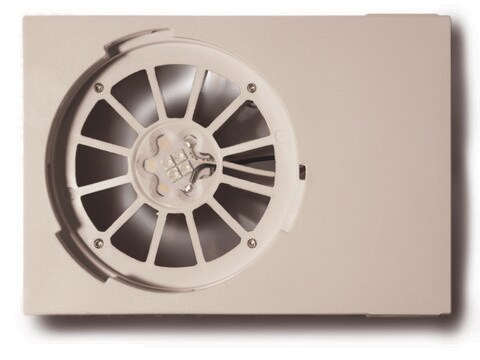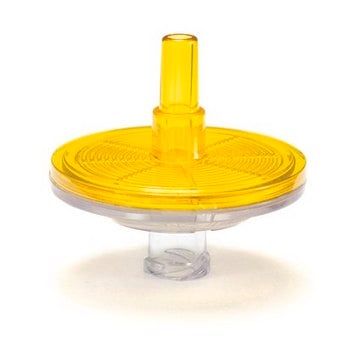推薦產品
生物源
mouse
品質等級
抗體表格
purified antibody
抗體產品種類
primary antibodies
無性繁殖
4H1, monoclonal
物種活性
mouse, human
製造商/商標名
Upstate®
技術
immunoprecipitation (IP): suitable
western blot: suitable
同型
IgG1
NCBI登錄號
UniProt登錄號
運輸包裝
wet ice
目標翻譯後修改
unmodified
基因資訊
human ... SOCS1(8651)
特異性
Recognizes SOCS1
免疫原
mouse SOCS1 recombinant GST fusion protein encompassing amino acids 2-78.
應用
Anti-SOCS1 Antibody, clone 4H1 is an antibody against SOCS1 for use in IP & WB.
Immunoblot Analysis: 1:1,000 dilution of this antibody detected SOCS1 in KG-1 cell lysate.
Immunoprecipitation (IP): 10 μg of this antibody immunoprecipitated SOCS1 from 200 μL of cell extract in RIPA buffer.
Immunoprecipitation (IP): 10 μg of this antibody immunoprecipitated SOCS1 from 200 μL of cell extract in RIPA buffer.
Research Category
Signaling
Signaling
Research Sub Category
Immunological Signaling
Immunological Signaling
品質
Routinely evaluated by immunoblot.
標靶描述
37 kDa
外觀
Protein G Purified
Format: Purified
儲存和穩定性
2 years at 2° to 8°C from date of shipment.
其他說明
Concentration: Please refer to the Certificate of Analysis for the lot-specific concentration.
法律資訊
UPSTATE is a registered trademark of Merck KGaA, Darmstadt, Germany
免責聲明
Unless otherwise stated in our catalog or other company documentation accompanying the product(s), our products are intended for research use only and are not to be used for any other purpose, which includes but is not limited to, unauthorized commercial uses, in vitro diagnostic uses, ex vivo or in vivo therapeutic uses or any type of consumption or application to humans or animals.
未找到適合的產品?
試用我們的產品選擇工具.
儲存類別代碼
12 - Non Combustible Liquids
水污染物質分類(WGK)
WGK 1
閃點(°F)
Not applicable
閃點(°C)
Not applicable
分析證明 (COA)
輸入產品批次/批號來搜索 分析證明 (COA)。在產品’s標籤上找到批次和批號,寫有 ‘Lot’或‘Batch’.。
Yun He et al.
The Journal of biological chemistry, 281(9), 5559-5566 (2006-01-13)
We have previously shown that ASK1 undergoes ubiquitination and degradation in resting endothelial cells (EC) and that proinflammatory cytokine tumor necrosis factor (TNF) induces deubiquitination and stabilization, leading to ASK1 activation. However, the mechanism for the regulation of ASK1 stability
Hong-Fei Xu et al.
Molecular medicine reports, 14(4), 3798-3804 (2016-09-08)
Intracerebral hemorrhage (ICH) results in inflammation, and glucocorticoids have been proven to be effective inhibitors of ICH‑induced inflammation. However, the precise underlying mechanisms of ICH‑induced inflammation and glucocorticoid function remain largely undefined. Using a mouse ICH model, the present study
Eleanor A Woodward et al.
Immunology, 131(1), 118-127 (2010-04-22)
While it is known that the anti-inflammatory effects of interleukin (IL)-4 require new protein synthesis, the exact mechanisms by which IL-4 suppresses the production of pro-inflammatory cytokines by human monocytes and macrophages is unclear. IL-4 rapidly induced suppressor of cytokine
Won Jin Lee et al.
Journal of neurochemistry, 151(3), 370-385 (2019-05-08)
Neuronal expression of beta-secretase 1 (BACE1) has been implicated in the progression of Alzheimer's disease. However, the mechanisms that regulate BACE1 expression are unclear. Here, we show that peroxisome proliferator-activated receptor delta (PPARδ) decreases BACE1 expression by up-regulating suppressor of
Tal Ben-Zvi et al.
Journal of cell science, 119(Pt 2), 380-387 (2006-01-18)
Fibroblast growth factor receptor (FGFR) signaling is transduced by the mitogen-activated protein kinase (MAPK) cascade and the signal transducers and activators of transcription (STATs). Suppressors of cytokine signaling (SOCS) proteins are expressed in response to cytokine-inducible stimulation of STAT phosphorylation
我們的科學家團隊在所有研究領域都有豐富的經驗,包括生命科學、材料科學、化學合成、色譜、分析等.
聯絡技術服務